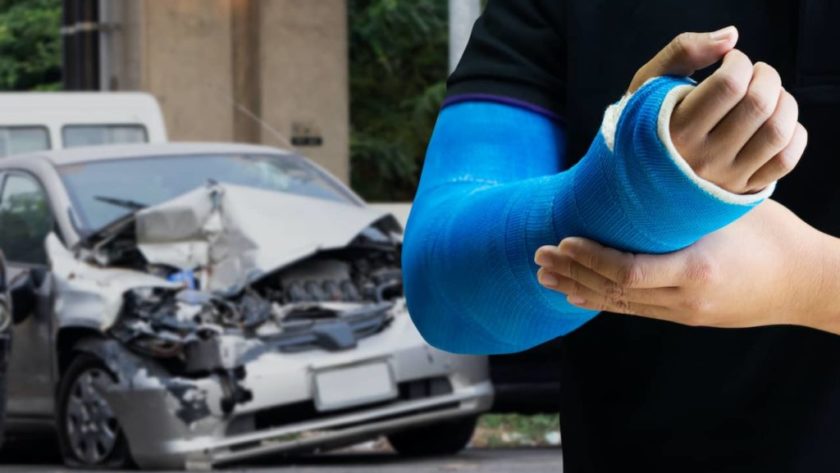Losing your employment as a result of an accident injury can be life-changing. It is not unusual for a victim of an automobile accident to receive compensation for lost wages and income. If the other motorist was at fault for the accident, you may be able to recover compensation for lost wages or business possibilities, even if you work for yourself. Because of this, self-employed people have to go through a slightly different approach when demonstrating damages. If you’re self-employed, keep reading to find out how to establish lost wages.
Employer vs. Self-Employment
With regard to a claim for lost pay, employees and self-employed people are very different. Freelancers, independent contractors, and sole proprietors are all examples of self-employed individuals since they have the freedom to choose when and where they work, as opposed to traditional employees whose schedules are set by their employers. FindLaw’s “Being an Independent Contractor vs. Employee” page has a chart that might assist you to determine if you’re self-employed or an independent contractor.
How Much Do Self-Employed People Lose in Pay?
All of the terms like “lost wages” and “lost income” refer to the earnings and profits you would have produced if you hadn’t been harmed. The word “lost wages” is commonly used interchangeably. These earnings include recent income, future contracts, lost commercial possibilities, and lost good will. To avoid any misunderstandings, the term “lost earning capacity” refers to the potential loss of future earnings, not to lost wages.
Retaining Lost Income and Wages
Proving lost salaries and income may be more challenging if you’re self-employed than if you’re an employee. In order to get compensation for lost wages, you must be able to prove that you were paid. Consequently, it is critical to supply the insurance company or the court with supporting documentation and proof.
Evidence and Documents
In order to prove your claim for lost wages and income, you must provide documentation and evidence:
- The objective is to establish how much you would have earned from the date of the accident until the period of your full recovery. Your tax return from the previous year, correspondence, business invoices, or receipts, if applicable and requested by the lender, may be required as well as your 1099 forms.
- Sending a thank-you note from your boss – Make sure to get a letter from your employer that outlines your personal information, employment status, and the amount of time you were out of the office due to your injury.
- A list of medical files – You must submit medical records to support your claim. Time off from work can be requested by way of an official doctor’s note or a letter from a disability advocate.
Finding Out How Much Money You’ve Missed Out On
The amount of time you are out of work should be proportional to the severity of your injuries. Damages from the previous year’s tax return can be used to figure out how much money you’ve lost working for yourself or running your own small business. A forensic economist or car accident attorneys in Alabama may be useful if your business or freelance work involves increasing profits or advantages or if there are any other abnormalities.





